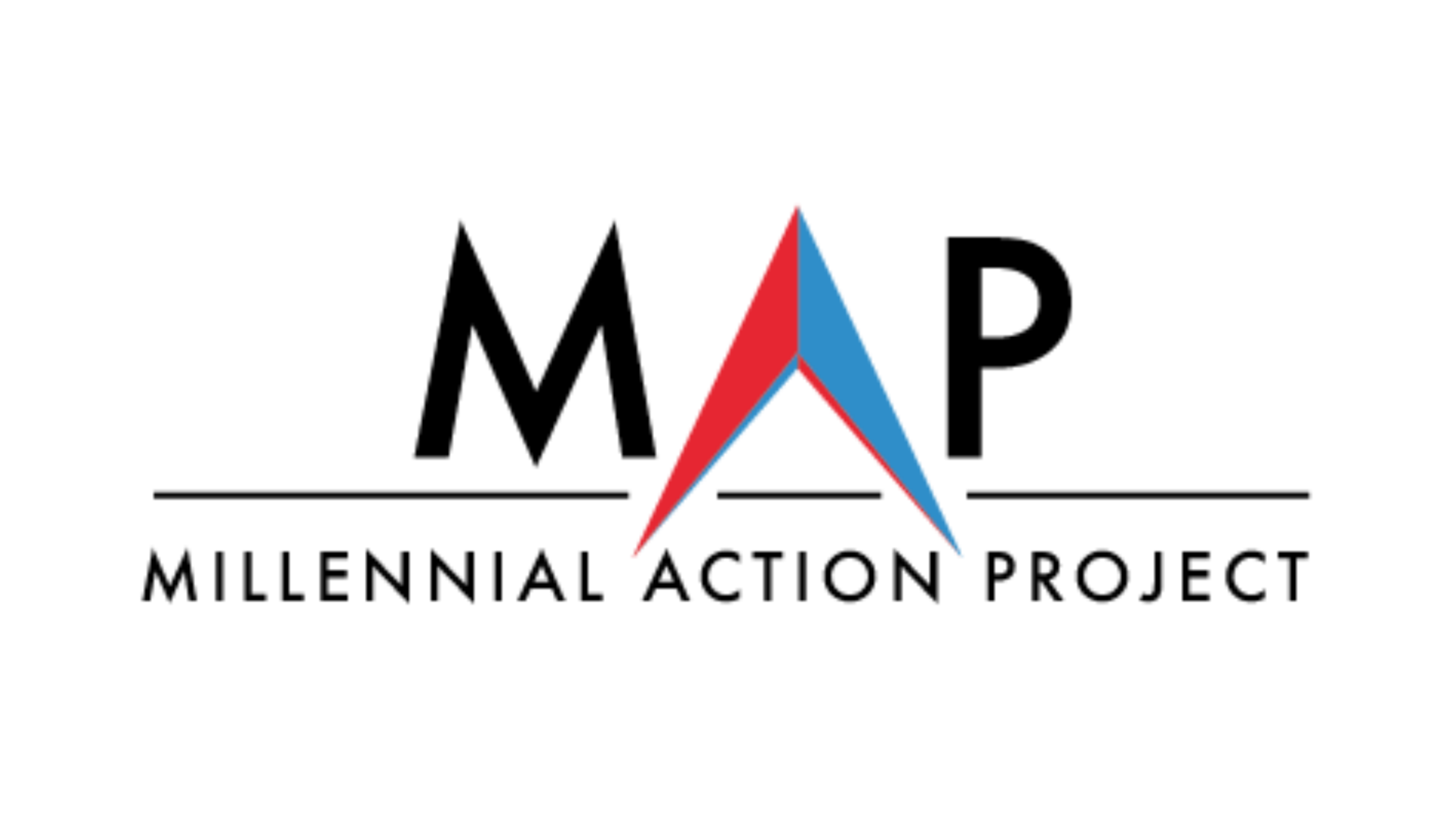COVID-19 Sheds Light on the Consequences of Polarized Politics
March 12, 2020
How Post-Partisan Governance Can Prevent Future Public Health Crises

FOR IMMEDIATE RELEASE
March 12, 2020
PRESS INQUIRIES:
Stacy Lewis
How Post-Partisan Governance Can Prevent Future Public Health Crises
WASHINGTON, DC– Crises like COVID-19 shed light on how unsustainable polarized politics is. We are seeing the Administration and Members of Congress lean heavily on old habits to address the pandemic: Democrats and Republicans have rushed to create separate relief packages. As a result, the first round of proposals were dead on arrival, wasting valuable time and effort. In order to get a relief package passed, Democrats and Republicans will unfortunately have to split the difference, leaving the legislation a watered-down, patch-work solution to an evolving global health crisis.
If the current culture of hyper-partisanship remains, there will be future crises like this. Each will reveal the ongoing erosion of the federal government’s ability to function and improve preparedness.
“The federal response to the coronavirus defies the logic of anyone who has worked on a diverse team,” said Steven Olikara, Founder and President of the Millennial Action Project (MAP).
Congress should be co-creating solutions – this is the most efficient way to develop a sustainable plan. At MAP, this is called the post-partisan approach. The difference between a bipartisan compromise and the post-partisan approach is simple: innovation. By taking post-partisan actions, Members of Congress can develop new, long-term solutions together.
Americans—and particularly Millennials—already have a record low trust in institutions, and the inadequate federal response only reinforces it. America needs leaders with an ability to build trust and unify the public, especially in times of crisis. The relationships and coalitions built by MAP and the Future Caucus Network are creating a culture of cooperation and trust.
“Instead of the back-and-forth of partisan proposals, shifting the next generation of leaders into a post-partisan mindset will yield better answers and save valuable time,” said Olikara. “That’s why my faith is in the Millennial Action Project’s mission.”
About the Millennial Action Project
The Millennial Action Project (MAP) is a national, nonpartisan 501(c)(3) organization dedicated to activating young policymakers to bridge the partisan divide and lead a new era of collaborative governance. In 2013, MAP organized America’s first-ever bipartisan caucus for young members of Congress, the Congressional Future Caucus. Shaping the next generation of leadership, MAP’s Future Caucus Network has expanded into nearly 30 state legislatures and grown into the largest nonpartisan organization of millennial elected officials in the U.S.
###
Media Contact: Stacy Lewis at [email protected]






Join 1,900+ BIPARTISAN LEADERS NATIONWIDE
Be a part of a network of lawmakers committed to governing effectively, passing more representative public policy, and increasing public trust in democracy.